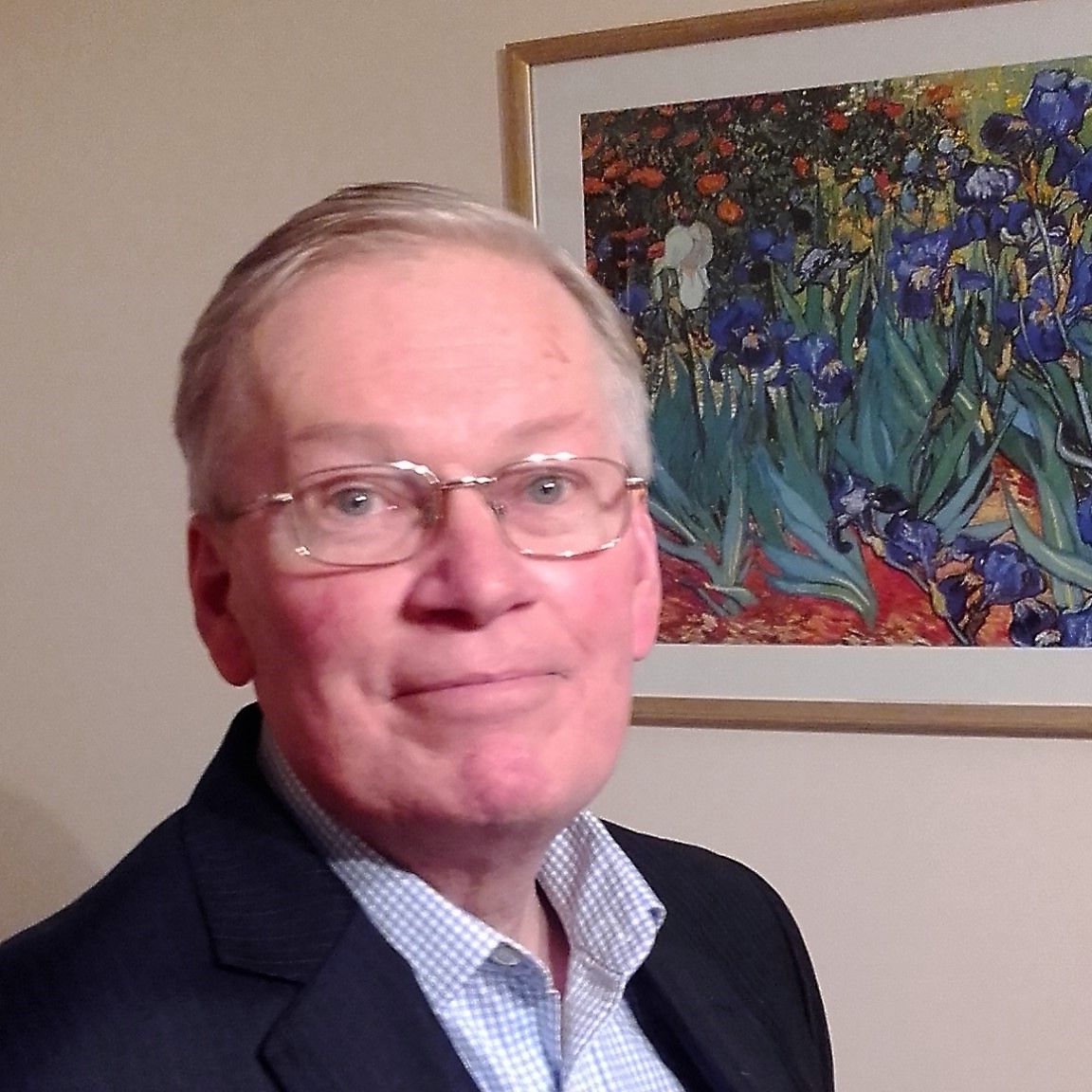Have we humans reached the stage in our economic, political and social spheres where we need to go back to basics and redesign how we interact with each other and with Mother Earth?
Kate Raworth thinks we have, and a lot of Switched ON Living members are sure to agree with her.
Kate’s day jobs alternate between the universities of Oxford and Cambridge, but more important than either of these über-prestigious appointments, Kate is the founder of Doughnut Economics.
Doughnut Economics contends that economic and social developments are constrained by the innate limits of our ecology. The name comes from a diagrammatic representation of our society and economy.
The outside layer of the doughnut are the finite natural resources of the planet. The inside layer of the doughnut is the acceptable, minimum standard of living that everyone on Planet Earth has a right to enjoy.
The inside of the doughnut – the hole – represents the masses of humanity whose substandard quality of life fails to meet the minimum standard.
As Kate explains in this presentation with Wired UK, our current economic and political systems are a FAIL. They are specifically and directly the cause of the multiple crises we’ve witnessed in the two decades of the new century.
At the same time as billions of people are condemned to poverty and insecurity, as a species we’re living way beyond the means of the planet to support our voracious and wasteful consumption.
Our system is unfit for the existential challenges of 21st century. The more and the faster we gorge ourselves on nature’s non-renewable resources, the greater the environmental, the financial and the social strife we will create for ourselves.
Since its inception in 2012, Doughnut Economics has rapidly gained interest and support as a transformative approach to help solve our problems of poverty and limited natural resources.
Far from being just a bunch of platitudes, the Doughnut Economics Action Lab (DEAL) seeks to energise communities into action.
Amsterdam has publicly stated its intention to use Doughnut Economics as part of its COVID recovery strategy, and other cities (Brussels, Copenhagen, Berlin) are also considering joining the journey – as is our Switched ON Living home town of Melbourne.
Kate says it best herself – our societies and our businesses need to become regenerative by design and redistributive by design.
For us in the Switched ON Living community, that sounds like smart thinking.

